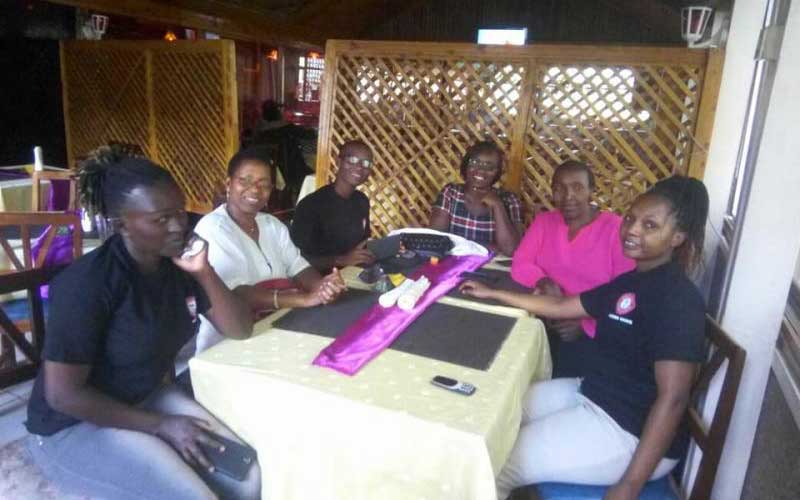×
The Standard e-Paper
Join Thousands Daily

Members of Heroes Oasis Counselling Centre during a session with families of KDF soldiers in Nakuru. [Mercy Kahenda, Standard]
As the world marks the International Widows Day, life for women whose husbands have died in the battle front has been full of heartache, memories and tribulations.